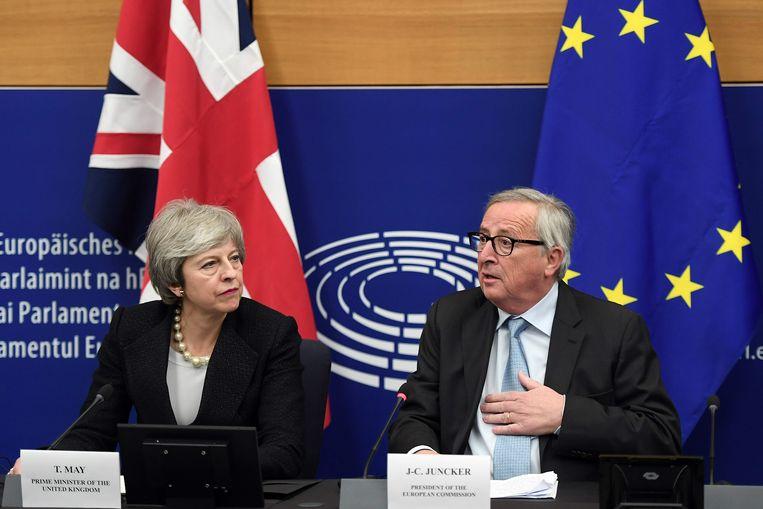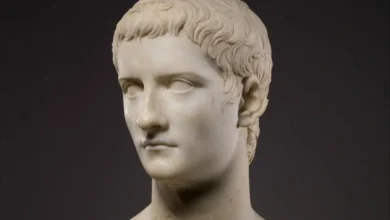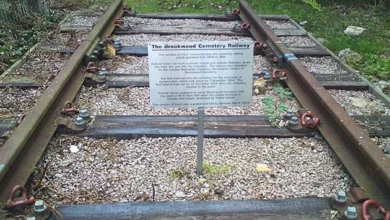What if Brexit deal is voted out? And 4 other questions
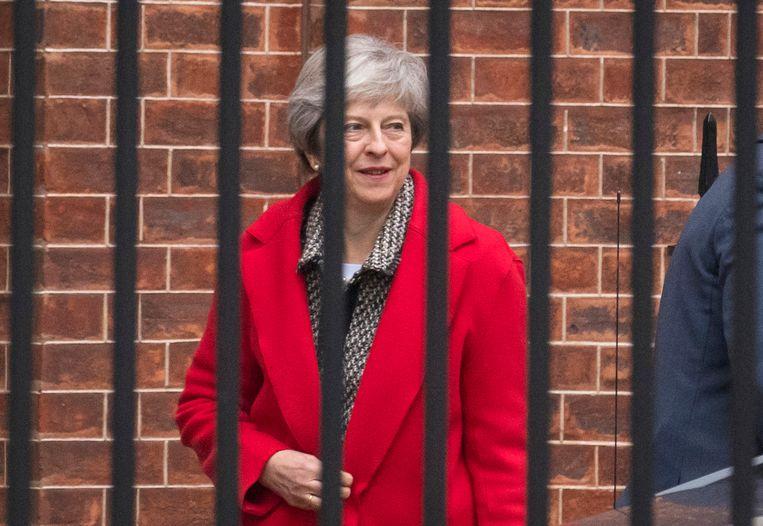
British Prime Minister Theresa May has made an ultimate attempt to force a breakthrough around the Brexit.
She flew to Strasbourg last minute for an interview with Jean-Claude Juncker, President of the European Commission. Despair seems to strike in London and Brussels as the March 29 deadline approaches.
The current state of affairs in five questions and answers.
What is happening today?
The British Parliament is voting today on the Brexit deal that May has concluded with the EU. That happened once in January. Then the deal was voted down en masse: with a majority of 230 votes, they wiped the deal off the table. A historic and humiliating loss for May, and another hitch for negotiations.
So something had to be done: in recent weeks May in Brussels has tried to adjust the deal so that British parliamentarians would vote in favor of a second attempt. For a long time that seemed hopeless: the talks between the EU and the British were stuck on the subject that has been the stumbling block for the whole of the Brexit negotiations: the Northern Irish border. According to the EU, the concessions that the British wanted were impossible. But last night May made a final attempt at committee chairman Juncker, and a breakthrough came at the last minute. May and the EU came with additions to the deal that should convince parliament.
What did May come with?
A number of documents that are added to the divorce agreement. Brexiteers demanded legally binding commitments in the area of the backstop, the emergency solution for the Northern Irish border. According to May, she delivered it. But much depends on the advice of British attorney general Geoffrey Cox. He studied the new documents last night and will announce as soon as possible whether he thinks these changes are indeed legally binding.
His opinion weighs heavily on Northern Ireland’s tolerant partner DUP and the hardline brexiteers of the Conservative Party, the two groups crucial for May to get a majority for its deal.
What is the chance that the deal will now be approved?
Very unclear. The DUP said last night that they were going to study the new documents carefully. Jacob Rees-Mogg, chairman of the ERG, the influential club of brexiteers in the Conservative Party, did not immediately reject either. “It is too early to say if it is enough, but it is certainly a move in the right direction.”
Whether the adjustments from May and Juncker are enough will have to be seen today. First, the renewed deal is debated, and tonight the Lower House votes. If the deal is approved, it would be a great relief for Downing Street and in Brussels, as the end of the debilitating divorce process is in sight.
What if the deal is voted out?
Then there will be another vote in parliament tomorrow. This time about whether the United Kingdom should leave the EU on 29 March without agreement. Or a no deal, a chaotic Brexit without agreements. There is probably no majority in Westminster, most British politicians believe that the absolute horror scenario. If they also vote out that no deal option, they will vote again on Thursday, this time over a postponement of the Brexit. It is not yet clear how long that delay should last: that could be a few months or a few years.
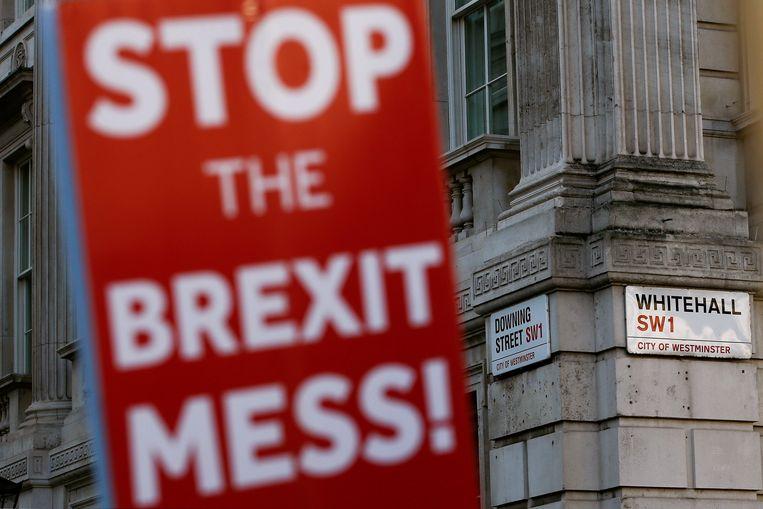
What is important is that the British cannot decide this unilaterally. They must submit a request for a postponement to the EU, which must approve it unanimously. And getting 27 member states in line will not be easy. A postponement will therefore probably only take place under strict EU conditions. It does not want to continue to muddle on forever.
Much also depends on the voting ratio: if the deal is only voted out with a slight difference, then there is a real chance that May will return to the EU for a final attempt to get some more concessions. Then a third vote on the deal could follow, possibly only on March 28, a day before the Brexit date.
If May loses again, the crisis in the British parliament is complete. Then nobody actually knows how to proceed.
What exactly is the problem with that limit?
The border between Ireland and Northern Ireland will become the EU’s new external border after the Brexit. But what that border should look like is a tricky issue. The backstop is the keyword in the negotiation conflict. This is an emergency solution to keep the Northern Irish border open in all cases; even if no free trade agreement is concluded in the coming years. The British then remain in the customs union, so that goods can cross the border freely. Then – just like now – border controls do not have to take place between Ireland and Northern Ireland. The British can only leave the customs union if there is a trade agreement with which the border can remain open.
But that is a horror scenario for brexiteers. They fear that because of that backstop they will be chained to the EU forever. Because if you are in the customs union, you have to comply with EU rules and cannot conclude trade agreements with other countries on your own. Brexiteers want the divorce agreement to be broken open and to receive legally binding texts that guarantee that the backstop is temporary. May could not break the agreement: she did, however, provide two additional documents with promises that the backstop is temporary.
